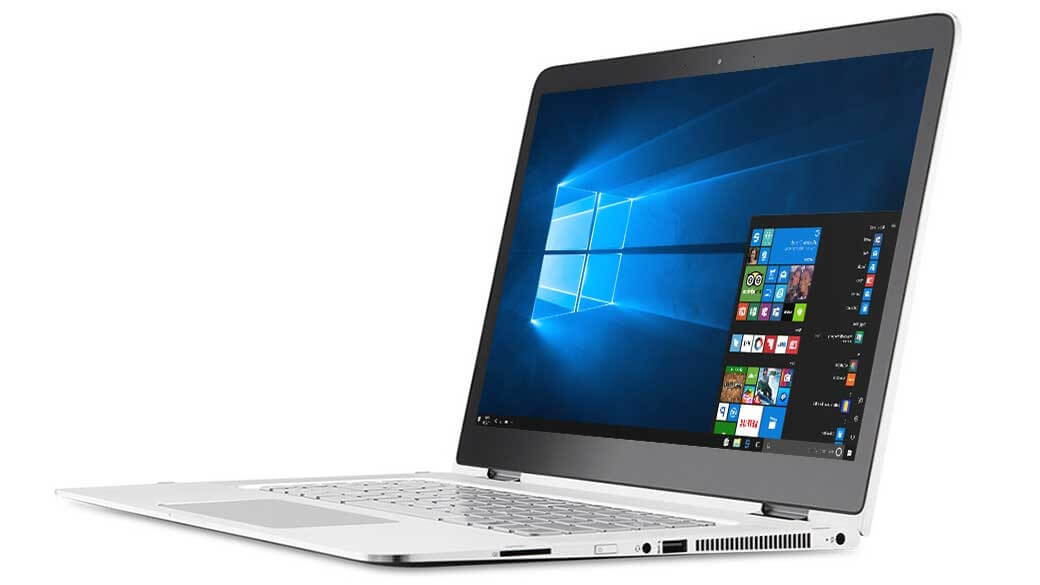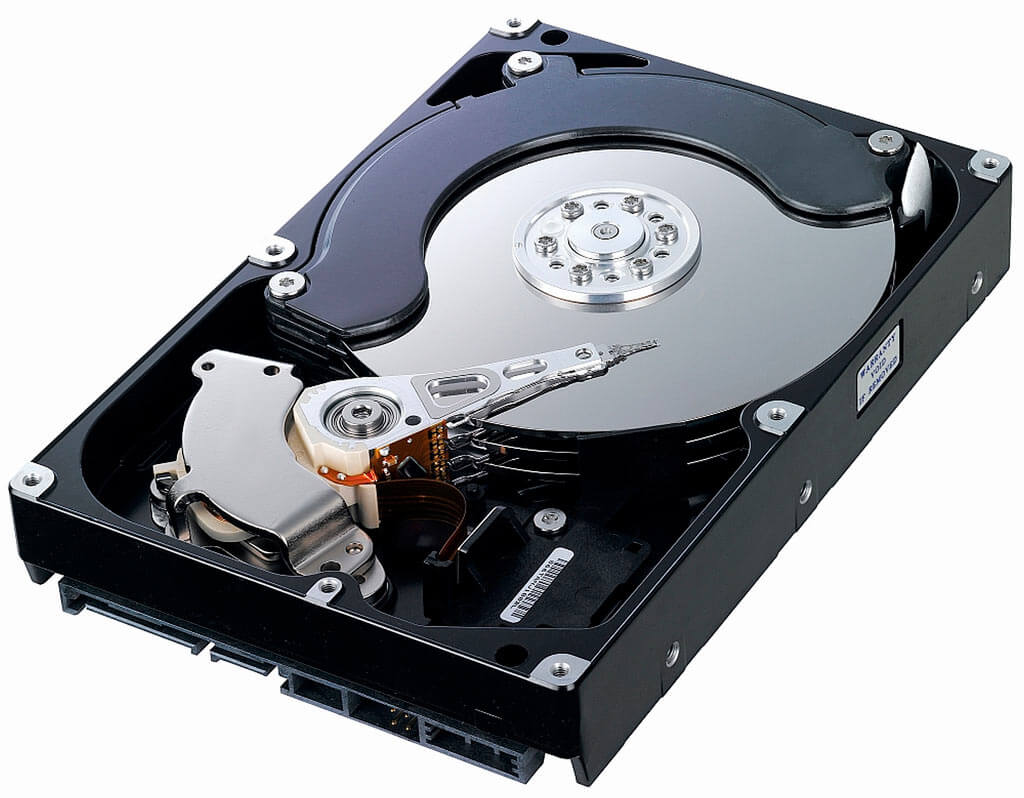It can't be, how the heck is it working so fast? I want to install it on all of my office PCs
M. Perez
Attorney
Try Free
Download Now
Buy Now
Starting $69.95
Minimal Requirements: Windows VISTA, 7, 8 and 10, 32 and 64 bit systems with 100MB of free space
Operating systems are great at multi-tasking but they never asked what you want. They assume you want all of the installed applications at the same time when you just wanted to open a word document.
Fast! technology is doing what you want by making sure all of the other processes in the system will not get in your way - focusing all of the system resources for you.
Some history: when Microsoft designed the current windows architecture, about 25 years ago, they focused on process multi-tasking, less on user actions. When Steve Jobs created the iPhone - he disabled applications multi-tasking just to make sure the single application experience is great.

Your PC's resources are used by hundreds of processes and threads running inside your system -- It's called Context Switching.
Context switch is the process of storing and restoring the state of a process that execution can be resumed from the same point at a later time. This enables multiple processes to share a single CPU.
While Context Switching allowing for everything to run together the painful result is that the more applications you have on your PC, the slower it will work.

Central Processing Unit (CPU) is the electronic circuitry within a computer that carries out the instructions of a computer program by performing the basic arithmetic, logical, control and input/output (I/O) operations specified by the instructions. The computer industry has used the term "central processing unit" at least since the early 1960s. Traditionally, the term "CPU" refers to a processor, more specifically to its processing unit and control unit (CU), distinguishing these core elements of a computer from external components such as main memory and I/O circuitry.
Fast! is reducing the calls to the CPU from any application, process or thread that are not a part of what you want.

Hard disk drive (HDD), hard disk, hard drive or fixed disk is a data storage device that uses magnetic storage to store and retrieve digital information using one or more rigid rapidly rotating disks (platters) coated with magnetic material. The platters are paired with magnetic heads, usually arranged on a moving actuator arm, which read and write data to the platter surfaces. Data is accessed in a random-access manner, meaning that individual blocks of data can be stored or retrieved in any order and not only sequentially. HDDs are a type of non-volatile memory, retaining stored data even when powered off.
Compared to memory and the CPU, the Hard Drive is the SLOWEST component in your PC - it is a physically moving object, much of the delay is caused by seek time, the time it takes to correctly position the read/write heads above the disk platters.
Fast! is reducing the I/O access to the hard drive from any application, process or thread that are not a part of what you want.

Random-access memory (RAM) is a form of computer data storage which stores frequently used program instructions to increase the general speed of a system. A random-access memory device allows data items to be read or written in almost the same amount of time irrespective of the physical location of data inside the memory.
Virtual memory is a memory management technique that is implemented using both hardware and software. It maps memory addresses used by a program, called virtual addresses, into physical addresses in computer memory. Main storage as seen by a process or task appears as a contiguous address space or collection of contiguous segments. The operating system manages virtual address spaces and the assignment of real memory to virtual memory.
Each is assigned to a Virtual Memory of several gigabytes - which does not really exist, it's virtual. Only a part of the required memory is stored in the memory chips, the rest is sent back to the hard drive, the slowest component in the system.
Fast! is managing the memory differently to maximize the system speed by prioritizing RAM memory for actions that you want.


Speed up your applications and documents with faster CPU execution, lower latency Disk data transmission and better memory reaction.